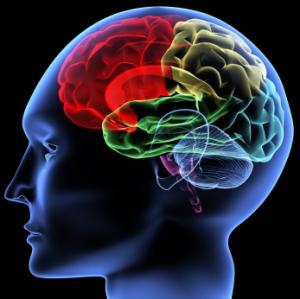I can recall getting numerous migraines from time to time, and I go through my usual drill to make myself feel better every time I get one: get some rest and take a pain reliever. I had a headache a couple days ago, and as I was opening the Advil bottle, I began to wonder how that tiny pill would function in a body to relieve pain. I wanted to know what happens in the body once a pain reliever is sent down. How does it consistently do its job? I took the liberty of researching, and here are the key points found:

According to an article from KidsHealth, there are hormones that arise when an injury occurs called prostaglandins. When these hormones release, pain messages go through to the nervous system that tell your brain you’re having pain. Once someone takes a pain reliever, the medicine prevents prostaglandins from being created from the injured cells. This means that the pain messages transmitted to the human brain do not come as fast, which is when we do not feel pain anymore. I was not expecting to find out that when my headache goes away, it is actually just pain messengers not getting through.
I am glad that I learned how commonly used pain relievers like Advil, Ibuprofen, etc actually work in the body because before, I just knew of taking a pill and feeling better. However, now I know that that pill works with my nervous system to make my pain disappear. Next time I get a headache, I will think differently as I send down one of those pain relievers. I now know the medicine does not go straight to the injured area in my body, when it really blocks how the brain recognizes pain.

Photos:
painkillersaddiction.wordpress.com
